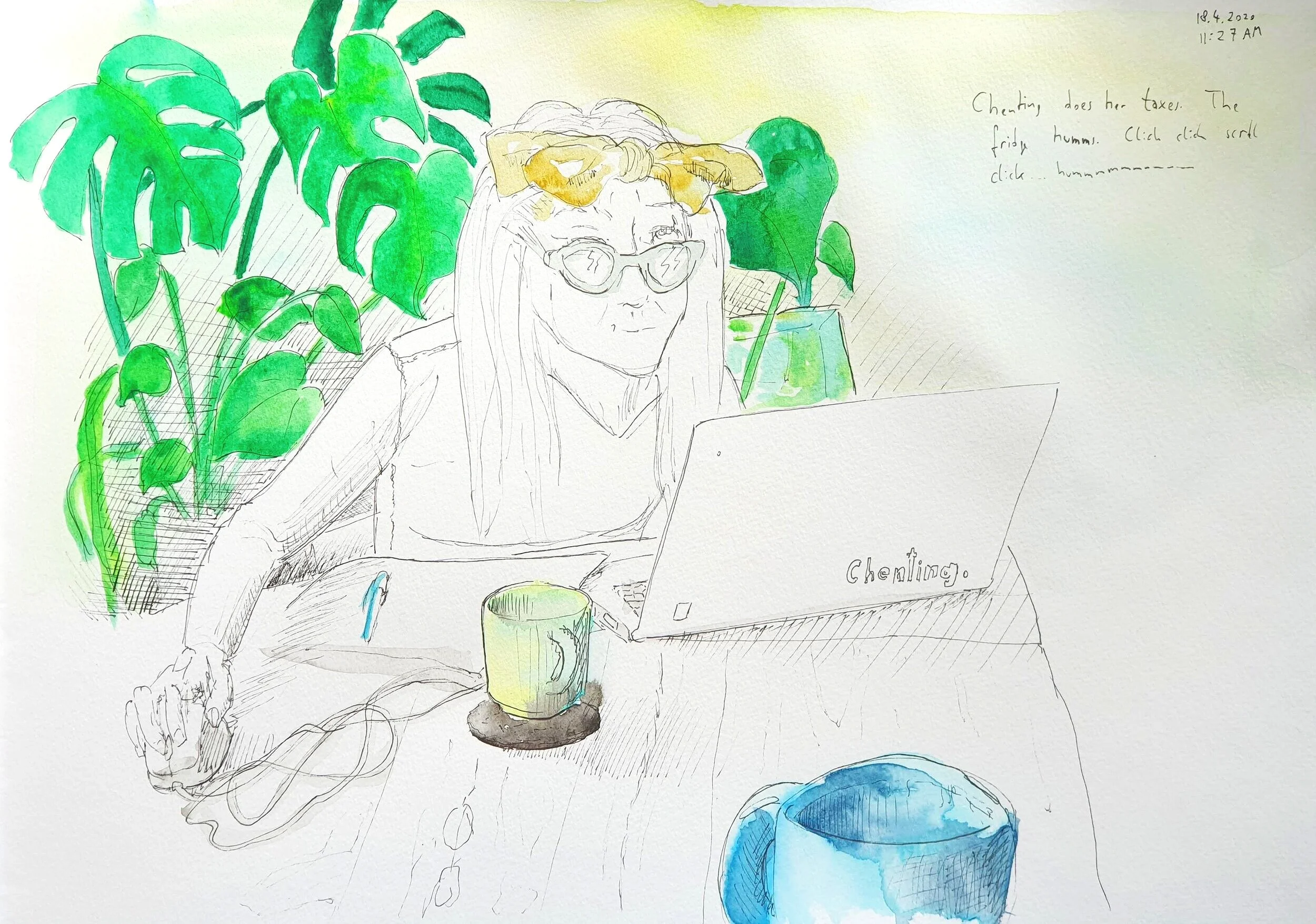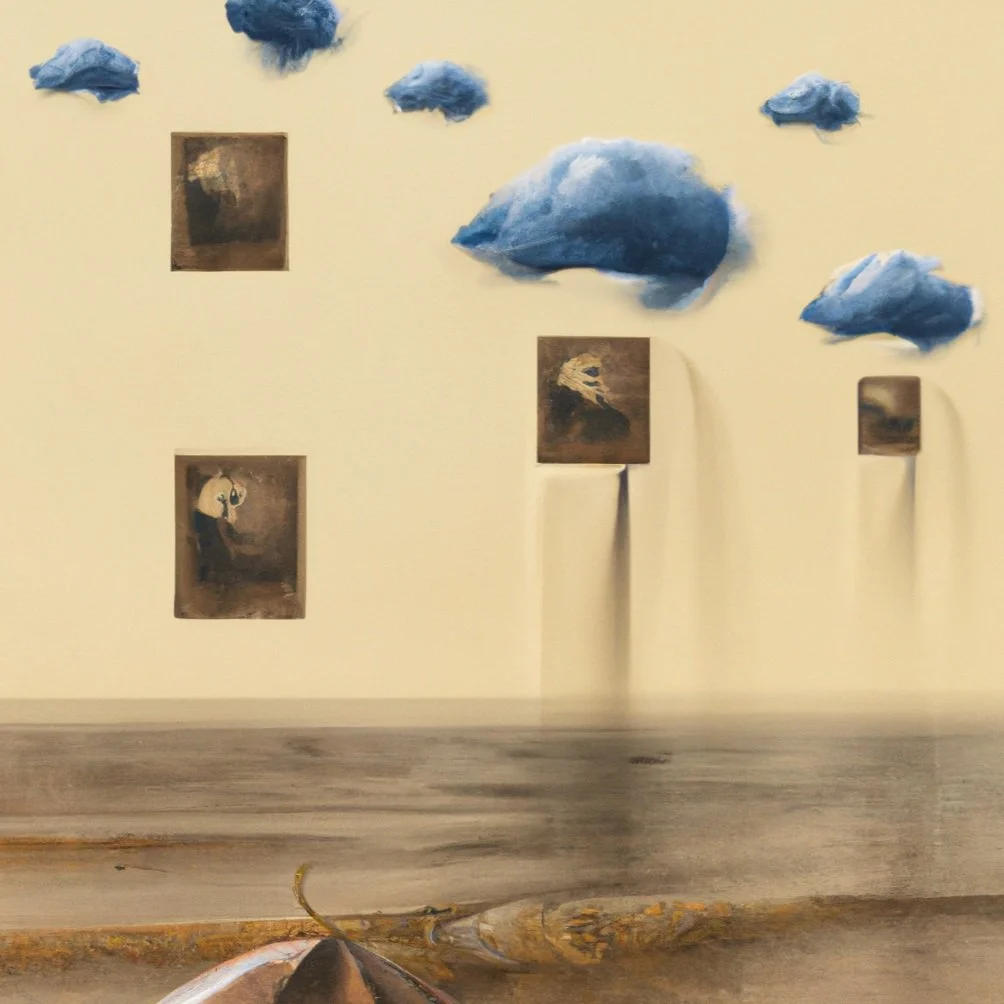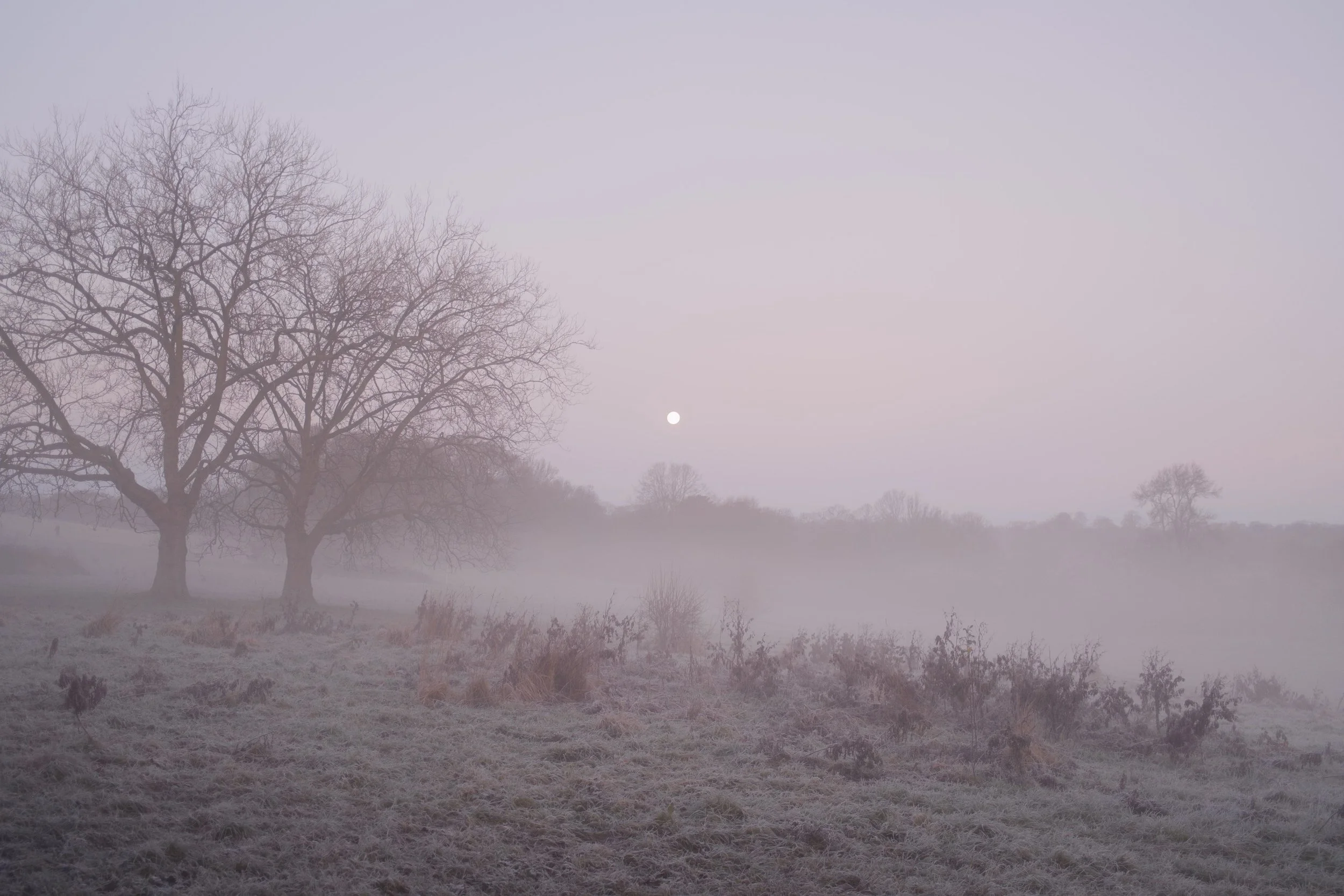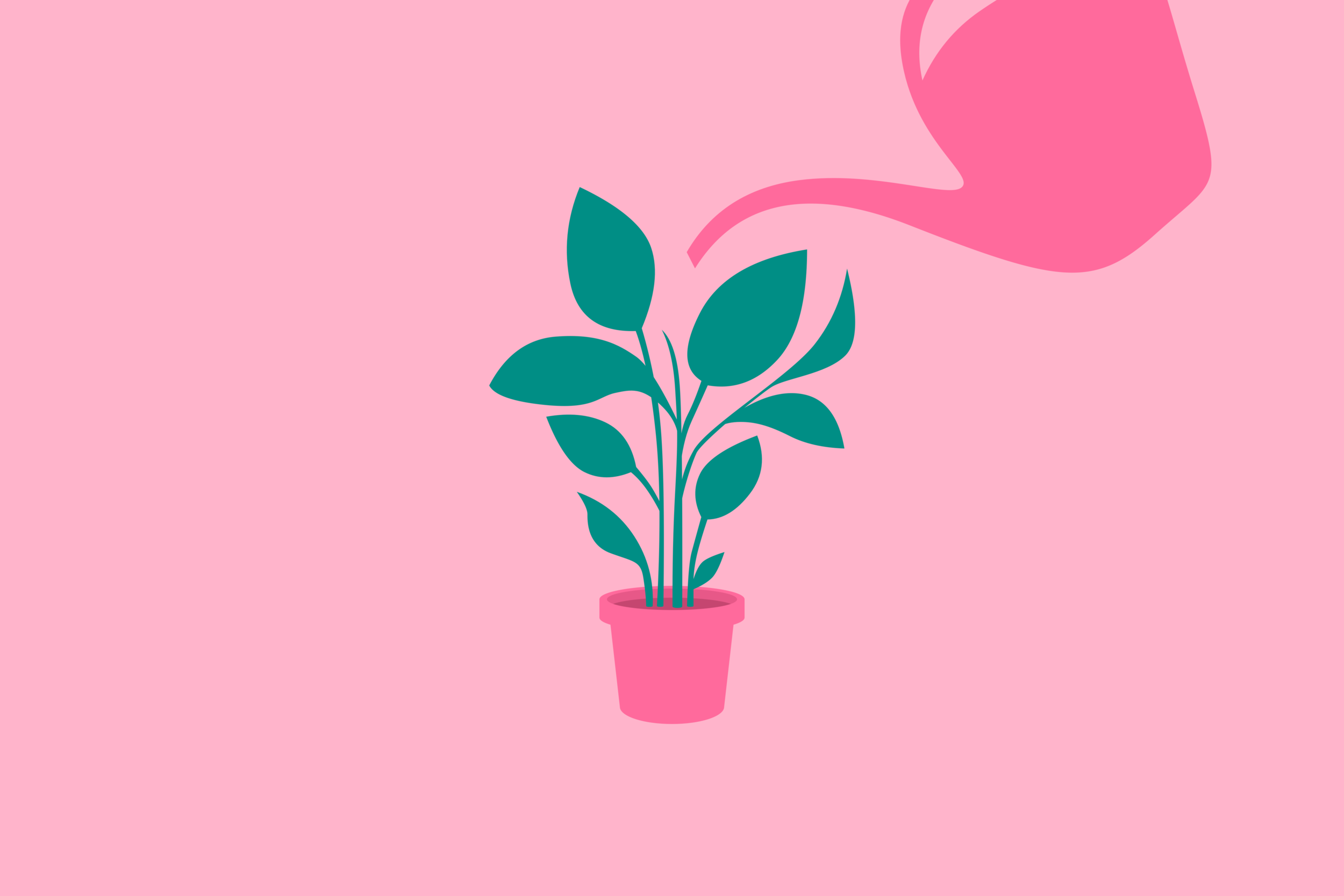Building creative confidence takes time and regular reminders of just why we always feel like everyone else is better than us
Sketch of my fiancé doing her taxes during lock-down
"I wish I could draw.", writes a colleague on a work-Slack channel. This was in response to a sketch I posted. To keep connections between colleagues up during self-isolation times, we were asked to post a piece of recent art or - if that's too big of a word for anyone - creative outbursts we created. My sketch of my fiancé Chenting doing her taxes was the second post. My reply to my colleague's comment: "Me too."
This reminded me of a few facts of creation which we hear a lot, but which are hard to intuitively know, to internalise.
For one, skill is very relative. Evidence of this comes in very quickly as the following posts by other colleagues offered an enormous variety of art: Paintings, crocheting, stitching, sewing, sketching, and more. Arguably, each one was either more aesthetically pleasing to look at, or more creative in other ways than my contribution. Even a stick figure sketch that was created in not much more than a minute and with a mere joke in mind displayed creativity and made me laugh, thus being more successful art than a generic more-or-less pretty sketch. I think this has to do with our tendency to look across the fence onto what we may feel is the greener grass. This pertains to many areas of life, but in this context it represents itself in us undervaluing our own abilities and creations, and overvaluing those of others, simply because they are different.
When we make art, we may value the act of creation more. I know that I primarily draw to internalise a moment, to really *see* what's around me. Trying to reproduce a scene mixed with my feelings of the moment compels me to zoom in and out, look at details and composition. This is why I mostly draw into travel diaries. When I think back to a trip to Australia I took almost a decade ago, I best recall the moments which I sketched, then the ones I wrote about, then those I took photos of. That's all there is and that's all that will be left of journeys I have yet to take. In this world of making for remembrance or for forming some other emotional connection, value is derived from our relationship with the end product based on the process of its making.
When looking at others' work, we tend to judge the output and the emotional response we get from it. Are we struck by it's beauty, by the story it tells about its subject (or its creator), or do we respond to it emotionally (with laughter, for example)? We are also aware that others respond to our work similarly without having experienced the act of creation themselves. Ultimately, we can only respond to - or better, engage with - what is directly in front of us. This may make us self-conscious about what remains.
If you have brought something into the world share it, and rest assured that others will judge it differently than you, but probably more highly for the simple reason that you have created something at all. This, today, is impressive enough. And it also happens to be the key to the problem at the very beginning of this article. For only if you make things, you can become good or better at doing them, while knowing that others - to your eyes - will always do it better. Ironically, this is why I've found that creating something for the output's sake is often futile as I will never be satisfied with my "skills".



















